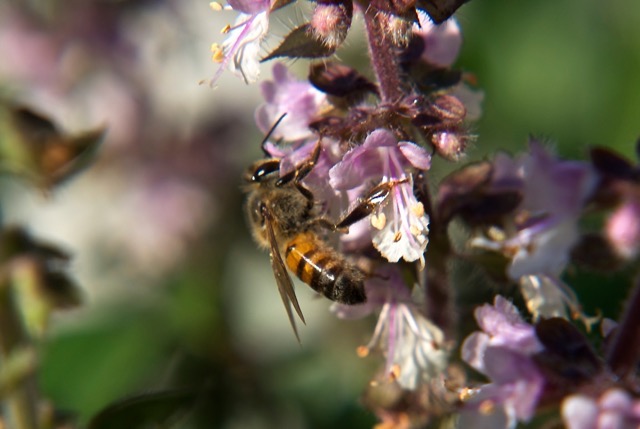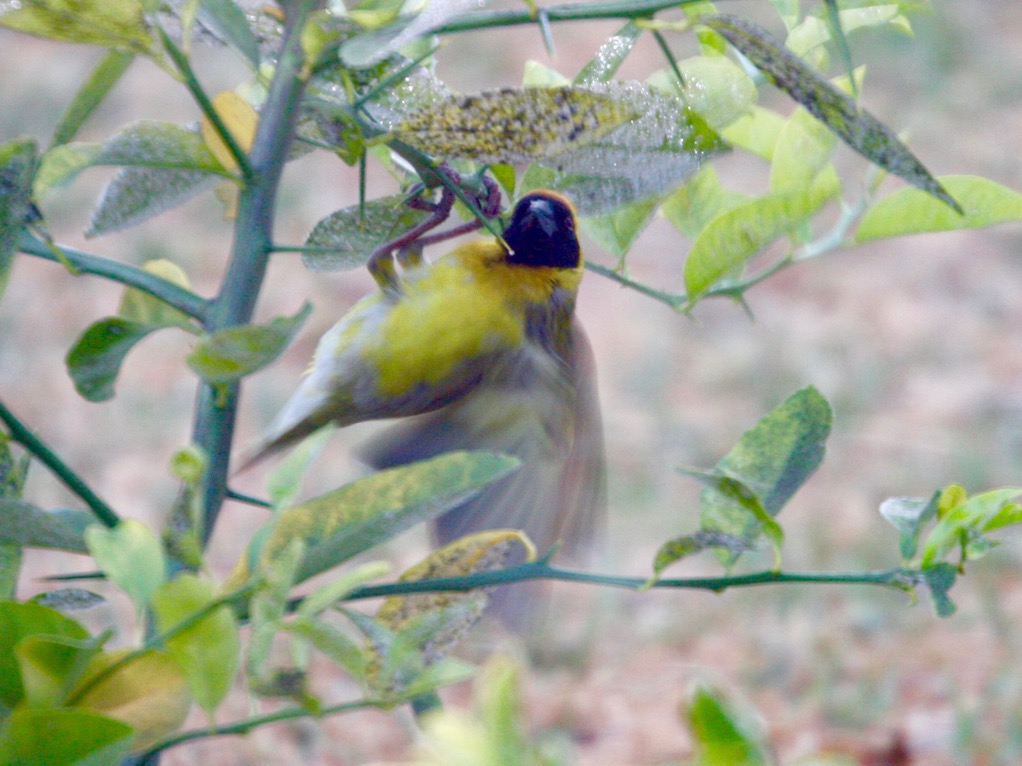Spring is Early
We have had a very very mild winter up here in the Highveld. While we feel nice about not being too cold during those long dark nights, this is not good. Cold is crucial to the natural cycles of nature. Cold sorts out the problem of late summer by driving down insect populations such as aphids and white fly. And killing off large numbers of soil living predators like cut worms.
Winter is also when our plants are supposed to rest; which hasn’t really happened (our oak tree still has leaves!).
There are two dangers to this early Spring. The first is that as the soil temperature rises our fruit trees and flowering shrubs start to blossom. And just as we’re reveling in this new life with bees pollinating, birds feeding and our olfactory senses rejoicing; boom a late frost hits.

This can be devastating for fruit farmers whose fruit crops can be more than halved (and depressing for us early bird gardening enthusiasts).
The second danger is the insects. Their populations haven’t been reduced to post winter levels and they’re lying in wait for our seedlings to reach up to sun. Again, bam out come the insects for a lovely fresh vulnerable feast.
So this year Spring has to be managed differently. As organic gardeners we do not advise on the use of insecticides and synthetic fertilisers.
Instead we’d recommend a real nurturing of your soil. Hopefully over the winter all your leaves have been used to mulch your beds or make compost. Within this layer billions of beneficial microbes (fungi and bacteria), good nematodes, earthworms as well as beneficial insects (including predatory centipedes and millipedes) will be lurking and waiting to prey on the insects we don’t want.
If you haven’t mulched then Spring is the time to boost your soil and feed the microbes. Bacteria and fungi are crucial for healthy plants. Their job is to process nutrients and make these available to plants. Use organic fertilisers. Trench your bokashi compost bin. Get some hands on vermicast (it’s easy to make your own). Add layers of compost to the top of your soil; don’t dig it in to the soil as you’ll disturb the soil biome that’s slowly taken shape over the winter.
The point is this: healthier plants are stronger and more able to resist the potential ravages of aphids, white fly and cutworms (adding calcium around your seedlings helps with controlling cutworms).

Spring is also the time to ally with birds and beneficial insects. As the cycle of life begins again our birds are going to be hungry. In our garden we are happy to see our thrushes and robins furiously digging, pecking and keeping our garden in balance. And the cheeky weavers keeping the wooly aphids on our citrus plants under control.
Obviously the frantic diversity in one’s Spring garden is not going to be as vibrant if you’ve been killing everything with toxic insecticides, fungicides and herbicides (note how these words rhyme with suicide?).
Always use organic fertilisers and your own compost.
Just remember, Spring should bloom because of what you’ve done in Winter. If you’ve not used Winter to prepare for Spring it’s not too late to feed your soil to feed your plants.
